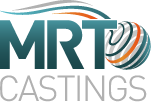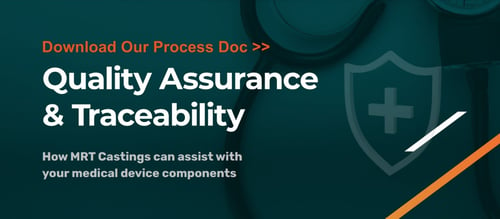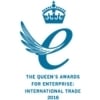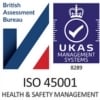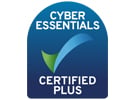Put simply, die casting is a manufacturing method which produces high-precision metal components. Predictably, the industry is regulated by numerous compliance requirements and regulatory standards. Die casting processes provide components for sectors such as automotive, aerospace and medical devices. It’s easy to see why the strict rules that govern the industry not only safeguard the processes themselves but also provide protection for end users – often in situations where a faulty component could have disastrous consequences.
Understanding Key Regulatory Standards in Die Casting
Die casting standards have been put in place to ensure that high-precision metal components conform to certain commonly accepted quality, performance and safety criteria. The main standards in Europe and the UK are ISO (International Organization for Standardization) and BS (British Standards). For example, ISO 9001 sets out quality management systems which are important in maintaining integrity in the production process, as well as quality in the product itself. Another example is ISO 14001 which requires that manufacturers manage their resources effectively while minimising the environmental impact of waste disposal.
In the automotive sector, the IATF 16949 standard, based on ISO 9001, adds industry-specific requirements such as defect prevention and waste reduction, which are crucial for diecast parts used in vehicles. Moreover, in the aerospace industry, AS9100 is the standard that covers quality and safety considerations – vital given the critical nature of components used in aircraft systems. Compliance with these standards helps to ensure product quality, while also granting access to international markets where stakeholders require certification as a prerequisite for the approval of suppliers.
The Role of Material Standards in Ensuring Compliance

Die casting materials must conform to standards covering mechanical properties as well as corrosion and thermal resistance. Standards include BS EN 1706 for aluminium casting alloys. This is governed by guidelines regarding material properties, including tensile strength and elongation. Certified materials help manufacturers to make sure their components can bear operational stresses. Compliance with material specifications also minimises the probability of product failures, costly recalls and damage to a company’s reputation.
Equally important is material traceability, often required by regulations. This involves keeping detailed records of batches and sourcing of materials so that rapid identification and rectification of any nonconformity is possible. This is considerably more significant in the medical devices and aerospace sectors where the integrity of materials correlates directly with safety
Environmental Compliance and Sustainability Standards
ISO 14001 and the REACH regulations in the EU set high standards for die casting manufacturers wishing to reduce the hazardous substances their processes emit. REACH insists that manufacturers carefully manage the hazards presented by chemicals in die casting lubricants, coatings and cleaning agents. Fines may be levied and the products restricted from sale within the EU in the event of non-compliance. Sustainability is also an area in which compliance and regulation play a significant role. The development of closed-loop systems for recycling waste materials – and the adoption of energy-efficient machinery – align both with environmental standards and the increasing demand for greener manufacturing practices.
Quality Assurance Standards: Meeting Industry Expectations
Quality assurance standards are a major part of the die casting process. Even the smallest of defects can lead to product failure. ISO 9001 and IATF 16949 lay down the foundations required for a proper quality management system (QMS) that governs all stages of the die casting process, from raw material inspection to final product testing. These standards integrate statistical process control (SPC), failure mode and effects analysis to assess and prevent potential risks. Maintaining these certifications provides credibility in supporting sales and offers peace of mind.
Meeting Safety Standards in Die Casting Operations

Ensuring a safe operation for workers and preventing occupational hazards is a very important part of UK regulation. ISO 45001 (the certified standard for the occupational health and safety management system) and the Health and Safety at Work Act 1974 guide these compulsory activities. ISO 45001 stipulates that businesses must take a proactive approach to risk management; there must also be a continual improvement strategy in the workplace. Compliance will reduce (if not eliminate) any legal or financial liabilities including fines, compensation claims and reputational damage should a mishap occur.
The Future of Compliance in Die Casting
Compliance audits are performed mainly by regulatory bodies or by third-party certifiers. Preparation typically calls for careful attention to documentation – from quality control records and material certificates to maintenance logs. Another compliance mechanism is through integrated management systems that align quality, environmental performance and safety under one umbrella. Internal audits, employee training and a system of continuous improvement are also important for a successful compliance assessment. Compliance means quality, safety and sustainability. It not only lowers risks but also adds to credibility and gives manufacturers wider access to the global market. As regulatory demands continue to evolve, so will the regulations. For responsible manufacturers everywhere, this can only be a good thing.
